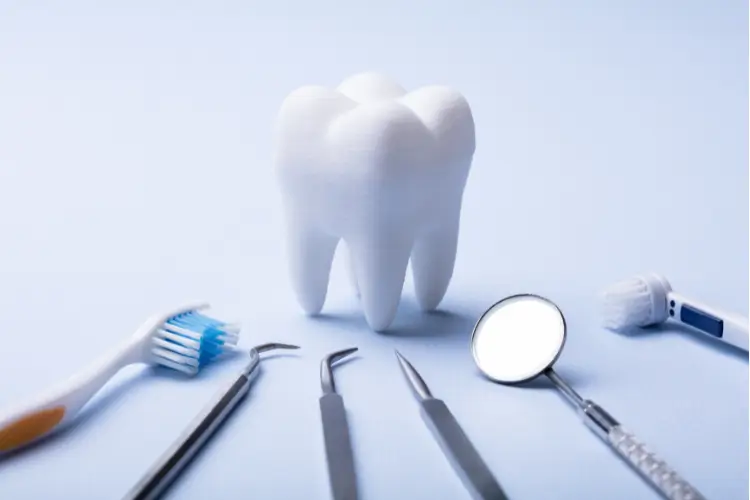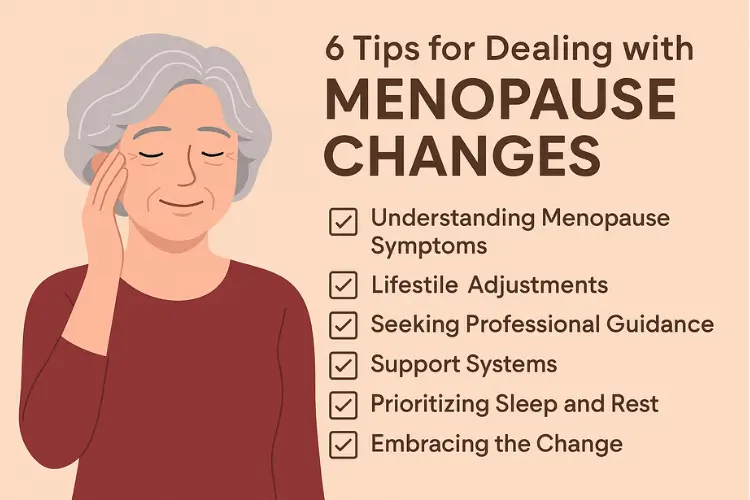Dental procedures can be a source of anxiety for many people. The fear of pain, discomfort, and the unknown often keeps individuals from seeking necessary oral care. However, with advances in dental technology and techniques, many procedures have become more comfortable and less intimidating. This article will explore various ways to ensure a pain-free dental experience, from preparation to recovery.
Understanding Common Dental Procedures
Before diving into pain management techniques, it’s helpful to understand some standard dental procedures:
Routine Cleanings
Professional cleanings are essential for maintaining oral health. They typically involve:
- Removing plaque and tartar
- Polishing teeth
- Flossing between teeth
- Applying fluoride treatment
Fillings
Dentists remove the affected area when decay is present and fill the cavity with materials like composite resin or amalgam.
Root Canals
This procedure involves removing an infected pulp inside a tooth, cleaning the area, and sealing it to prevent further infection.
Extractions
Sometimes, a tooth must be removed due to severe decay, damage, or orthodontic reasons.
Preparing for Your Dental Visit
Proper preparation can significantly reduce anxiety and discomfort during dental procedures:
- Communicate with your dentist
- Practice relaxation techniques
- Choose a morning appointment
- Avoid caffeine before your visit
- Eat a light meal
Pain Management Techniques
Modern dentistry offers various ways to minimize pain during procedures:
Local Anesthesia
This numbing agent is injected near the treatment area to block pain signals. Dentists often use a topical anesthetic before the injection to reduce discomfort.
Nitrous Oxide
Also known as “laughing gas,” this mild sedative helps patients relax during procedures.
Oral Sedation
For more complex procedures or anxious patients, oral medications can provide deeper relaxation.
IV Sedation
Intravenous sedation offers a higher level of sedation for extensive procedures or extremely anxious patients.
Advanced Technologies for Comfort
Dental offices are increasingly using cutting-edge technologies to enhance patient comfort:
- Laser dentistry for minimally invasive procedures
- Digital X-rays for reduced radiation exposure
- Intraoral cameras for better patient education
- Computer-assisted anesthesia delivery systems
Choosing the Right Dental Professional
Selecting a skilled and compassionate dental professional is crucial for a pain-free experience. Parents looking for expert dental care for their children should consider visiting a pediatric dentist in Wollongong, who specializes in making dental visits comfortable and stress-free for young patients. When seeking oral surgery St George Utah or dental care in any location, consider the following factors:
- Qualifications and experience
- Patient reviews and testimonials
- Office environment and technology
- Communication style and bedside manner
Post-Procedure Care
Proper aftercare is essential for minimizing discomfort and promoting quick healing:
- Follow all post-procedure instructions carefully
- Take prescribed medications as directed
- Use ice packs to reduce swelling
- Avoid hot or cold foods and drinks
- Maintain good oral hygiene
Overcoming Dental Anxiety
For many, dental anxiety can be a significant barrier to receiving necessary care. Here are some strategies to help manage dental fear:
- Cognitive behavioral therapy
- Gradual exposure therapy
- Mindfulness and meditation
- Bringing a support person to appointments
The Importance of Regular Dental Visits
Maintaining regular dental check-ups can prevent more extensive and potentially painful procedures in the future. Benefits of routine visits include:
- Early detection of dental issues
- Professional cleanings to prevent decay
- Oral cancer screenings
- Personalized oral health advice
Nutrition and Oral Health
A balanced diet plays a crucial role in maintaining oral health and reducing the need for painful dental procedures:
| Foods to Include | Foods to Limit |
| Calcium-rich dairy | Sugary snacks |
| Crunchy vegetables | Acidic drinks |
| Lean proteins | Sticky candies |
| Fruits high in vitamin C | Starchy foods |
Home Care Tips for Optimal Oral Health
Implementing a thorough home care routine can significantly reduce the likelihood of painful dental issues:
- Brush twice daily with fluoride toothpaste
- Floss at least once a day
- Use an antiseptic mouthwash
- Replace your toothbrush every 3-4 months
- Consider using an electric toothbrush for more effective cleaning
Emerging Trends in Pain-Free Dentistry
The field of dentistry is continually evolving to improve patient comfort. Some exciting developments include:
- Virtual reality for distraction during procedures
- AI-assisted treatment planning for more precise care
- 3D-printed dental products for custom solutions
- Stem cell therapies for tooth regeneration
Addressing Common Dental Pain Myths
Dispelling myths about dental pain can help alleviate fears:
- Myth: All dental procedures are painful
- Fact: Many procedures are painless or cause minimal discomfort
- Myth: Numbing injections are extremely painful
- Fact: Modern techniques make injections nearly painless
- Myth: Pain always indicates a serious problem
- Fact: Many dental issues can be resolved with minimal discomfort
However, persistent or severe pain, especially when accompanied by swelling, fever, or a bad taste in the mouth, can signal a more serious underlying issue like a dental abscess or infection. Ignoring such symptoms can lead to worsening conditions and more complex treatments, potentially affecting overall health. In these cases, prompt medical attention is crucial, and often, antibiotics are necessary to clear the infection and prevent its spread. For those experiencing symptoms of a dental infection, it’s possible to seek timely treatment, including obtaining amoxicillin online after a consultation with UK-registered prescribers, ensuring swift relief and preventing further complications.
Final Thoughts on Pain-Free Dental Care
Achieving a pain-free dental experience involves choosing the right dental professional, utilizing modern pain management techniques, and maintaining good oral health habits. By staying informed and proactive about your dental care, you can ensure that your visits to the dentist are as comfortable and stress-free as possible. Remember, regular check-ups and early intervention are key to preventing more extensive and potentially uncomfortable procedures in the future.




